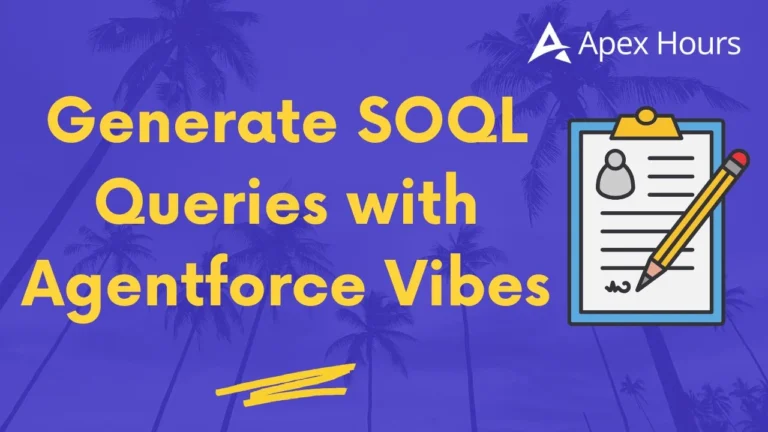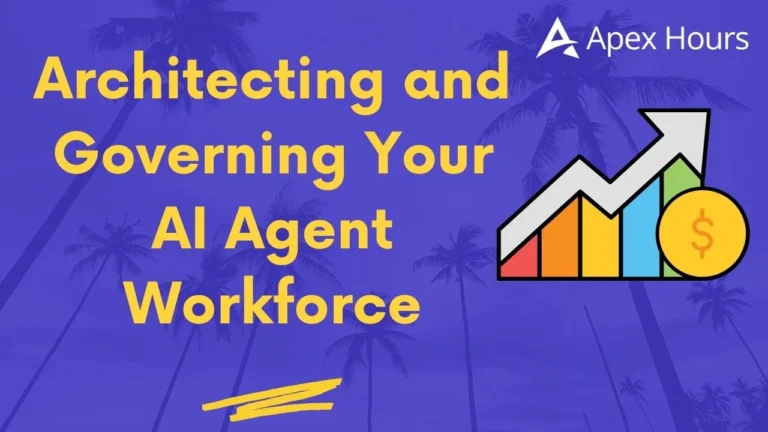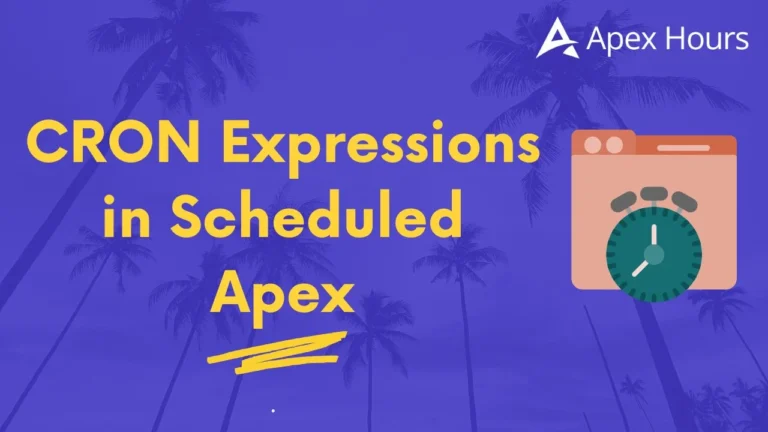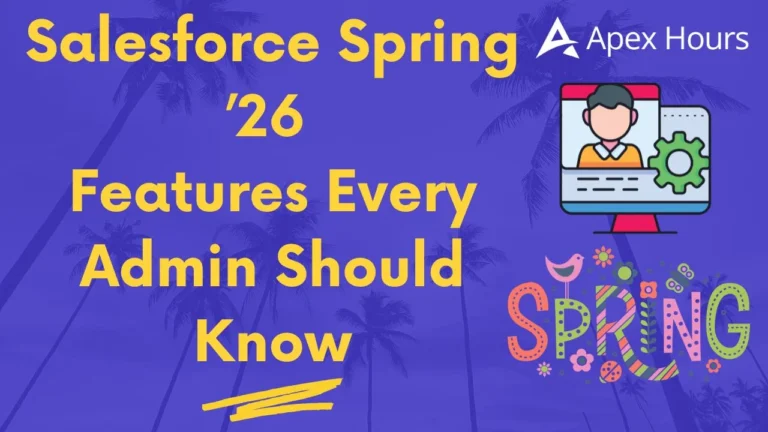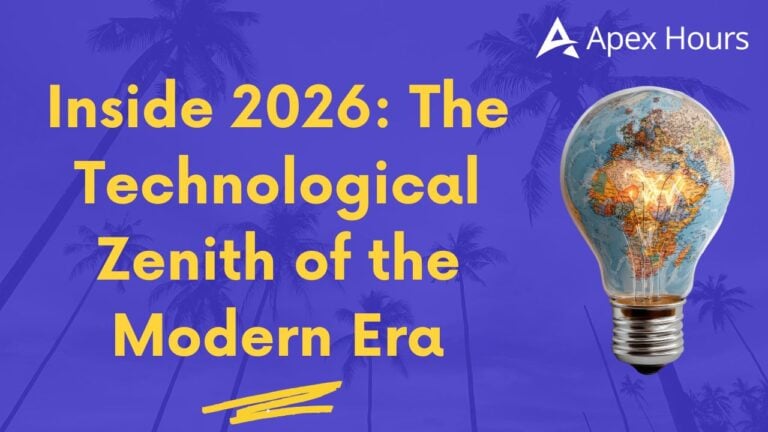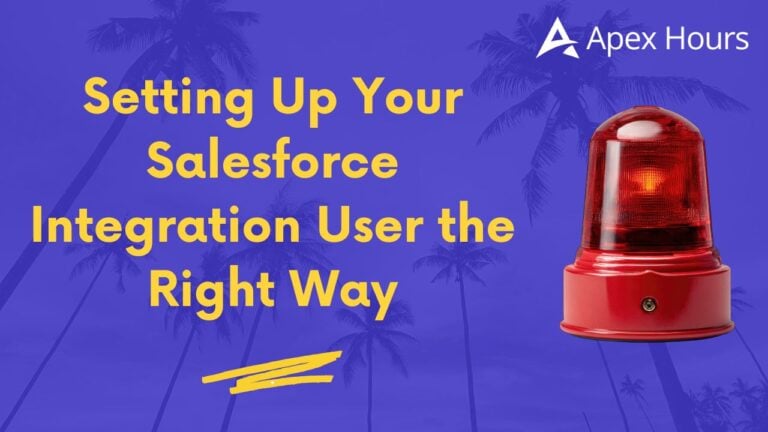

Salesforce Renamed Data Cloud to Data 360 — And It’s a Bigger Deal Than It Sounds
Salesforce doesn’t rename products just to sound fresh. When they rename something, it’s usually a hint about where the company wants to go next.
At Dreamforce 2025, they dropped a major one: Data Cloud is now Data 360.
At first glance, it looks like a small branding tweak. But what it really signals is a shift in how Salesforce sees data — not as static information sitting in tables, but as the live context that fuels AI, automation, and decision-making across the enterprise.
Let’s unpack what this rename really means.
From Storage to Intelligence
“Data Cloud” was about centralization — bringing your customer, marketing, service, and sales data together in one unified layer.
“Data 360” goes further. It’s about activation. Instead of you querying data, your data now acts — feeding agents, workflows, and predictive systems in real time.
Think of it like this:
In the old model, you looked up what a customer did.
In the new model, the system already knows what they’ll likely do next — and acts accordingly.
Part of the Agentforce 360 Vision
Salesforce didn’t rename this in isolation. Data 360 is now tightly linked to Agentforce 360, the company’s new framework for building and deploying AI agents.
Agents need context. They can’t reason, predict, or act intelligently without understanding the world they operate in — and that world is built on data.
Data 360 provides that foundation.
It supplies clean, real-time, contextualized data to Agentforce agents across sales, service, marketing, and operations.
That’s what lets an AI agent not just respond, but respond intelligently — knowing your history, preferences, tone, and business context.

The “360” Philosophy
Salesforce uses “360” as shorthand for completeness. We’ve already seen it with Customer 360 and Marketing 360.
By renaming Data Cloud to Data 360, Salesforce is saying:
Data isn’t a background process anymore — it’s part of the full 360-degree business experience.
It’s the connective tissue between CRM, AI, analytics, and automation.
What’s New Under the Hood
This rename also arrives with a series of upgrades that make the “360” promise more than marketing:
- Intelligent Context – A new layer that connects structured data (like CRM records) with unstructured sources (emails, PDFs, call transcripts).
- Tableau Semantics – Unified business definitions so everyone reads metrics the same way, no matter which app they use.
- Real-Time Pipelines – Faster ingestion and harmonization of data across multiple clouds and external platforms.
- Data 360 Lakehouse – A flexible foundation for combining live and historical data in one architecture.
- Einstein Context Index – A vector database that gives agents fast, relevant, contextual search results from across your organization.
Put together, these make Data 360 not just a renamed product — but a smarter data layer built for the age of autonomous agents.
Why the Rename Matters
- It marks the shift from “data management” to “data intelligence.”
Data 360 is built to fuel reasoning, not just reporting. - It unifies Salesforce’s AI story.
Einstein, Agentforce, and Data 360 now form a single ecosystem where AI acts on live, trusted data. - It clarifies branding.
With every major Salesforce product now part of the “360” lineup, the company is clearly positioning itself around an interconnected platform, not siloed tools. - It sets the stage for the next wave of automation.
As more enterprises deploy AI agents, data will be the deciding factor between good and great. Data 360 makes sure that foundation is solid.
What This Means for Businesses
If you’re already using Data Cloud, you don’t need to reimplement anything — but you do need to rethink how you use it.
Start seeing your data as something that can act in real time. The rename is Salesforce’s way of telling you that data should now drive action, not just insight.
Organizations that adapt early — connecting Data 360 with Agentforce and Einstein — will have a clear advantage: faster decisions, more personalized automation, and far less manual data wrangling.
The Bottom Line
This rename isn’t cosmetic. It’s directional.
Salesforce is redefining what enterprise data platforms are supposed to do — moving from passive data lakes to active, intelligent data ecosystems.
Data 360 is the heartbeat of that shift.
It’s the moment data stopped sitting quietly in the background and started running the show.

